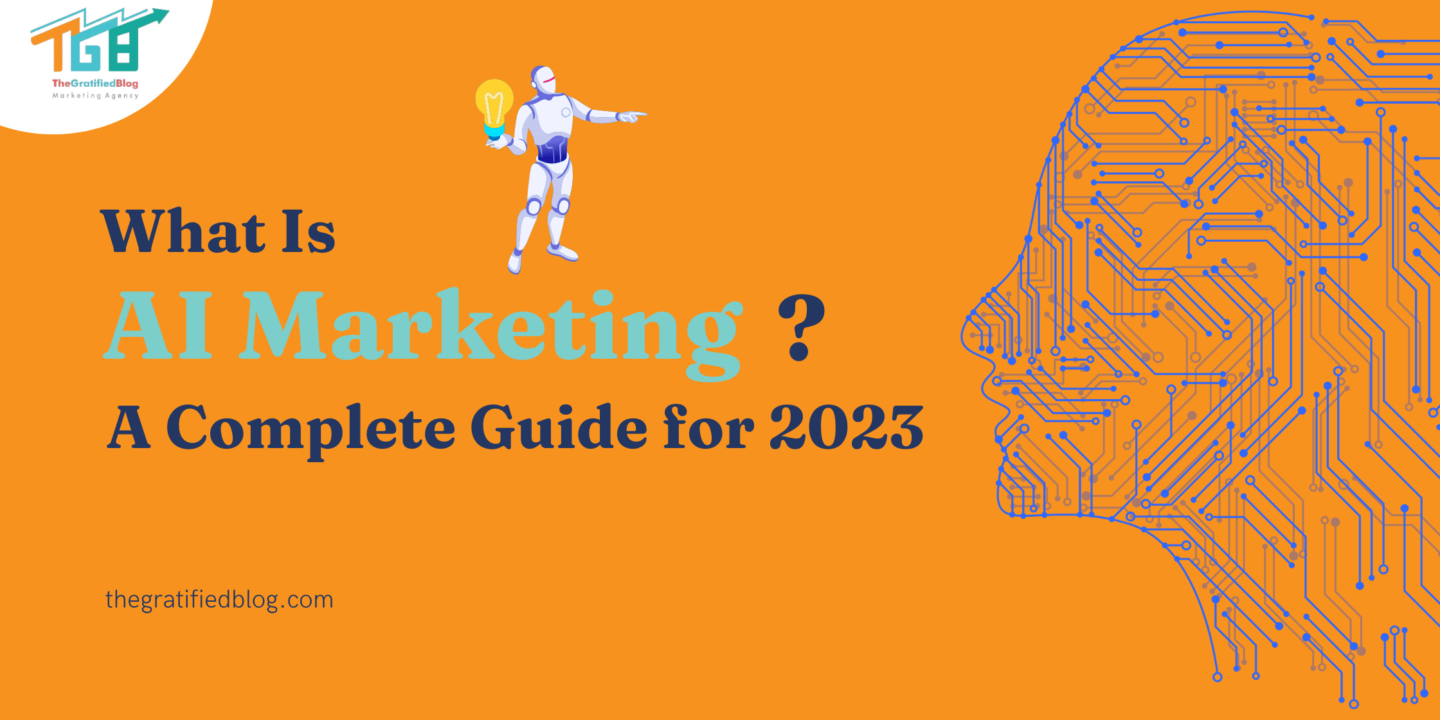
In today’s digital marketing landscape, AI marketing is gaining increased recognition and adoption among individuals and businesses. However, while many are familiar with the concept of AI marketing, few possess a comprehensive understanding of its intricacies and untapped potential. As digital transformation and AI marketing are going hand in hand and are becoming more mainstream, it is essential to understand what it entails.
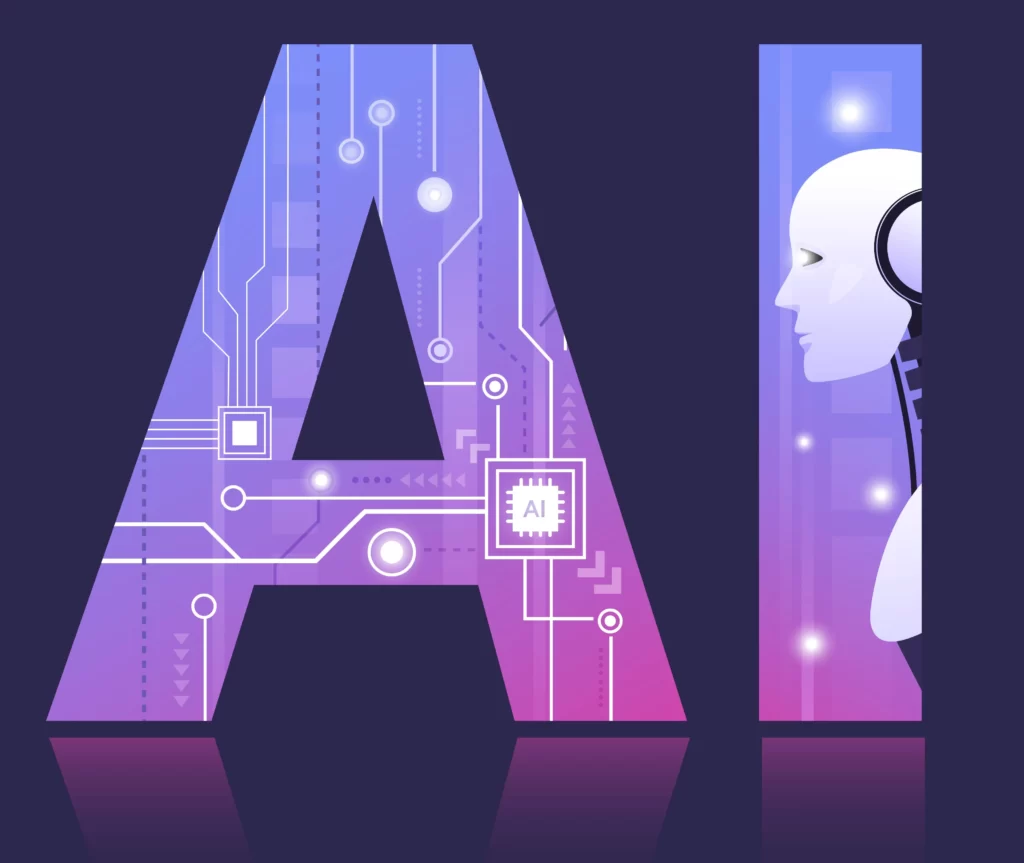
So, to better understand AI marketing, we will look at what it is, its various components, its pros and cons, how to get started, and the trends for 2023.
By examining these aspects, one can grasp the essence of AI marketing and comprehend how it can propel businesses toward success in an increasingly competitive market.
So, let’s get started;
What Is AI Marketing?
It is a term that describes the use of artificial intelligence and related technologies to enhance customer engagement, automate processes, and deliver more targeted campaigns.
By harnessing the power of AI, marketers gain the ability to gather data and analyze customer behaviors, enabling them to send personalized messages to prospective customers. This data-driven approach empowers businesses to focus their efforts on specific audiences and deliver content that aligns with their unique interests, resulting in a more personalized and impactful marketing experience.
However, AI Marketing can handle tasks like:
- Automated customer segmentation and personalization.
- Predictive analytics to better understand user behavior (Data Analysis).
- Natural language processing (NLP) for automated conversations.
- Image and facial recognition technology to personalize content.
- Automated decision-making.
Types Of Elements In AI Marketing?
The demand for marketers is witnessing an exponential rise due to the integration of Artificial Intelligence. This surge in demand is attributed to the emergence of AI marketing, which encompasses several key components, including:
Machine Learning

Machine Learning is a part of artificial intelligence that allows computers to learn from data and improve themselves without explicit instructions. It involves creating algorithms and models that can automatically examine data, find patterns, and make predictions or take actions based on what they’ve learned.
In machine learning, computers learn by looking at examples of data. They study these examples to understand the patterns and connections between the input data and the desired results. By adjusting their internal settings during this learning process, computers become better at making accurate predictions or carrying out specific tasks. Once they have learned from the initial examples, they can use their knowledge to work with new, unseen data and make informed decisions.
AI Marketing Platforms

AI Marketing platforms are software tools that use artificial intelligence to help businesses with their marketing strategies. These platforms use AI algorithms and data analysis to automate and improve marketing tasks. They collect and analyze large amounts of customer data from different sources like websites and social media. By doing this, they can gain valuable insights into customer behavior and preferences. Some popular AI Marketing platforms include:
Salesforce Marketing Cloud
Salesforce Marketing Cloud is a comprehensive AI-powered marketing platform that provides tools for personalized customer journeys, email marketing automation, social media management, and analytics. It enables businesses to deliver targeted, engaging campaigns and leverage AI-driven insights to optimize their marketing strategies.
Adobe Marketing Cloud
Adobe Marketing Cloud is a robust AI-powered marketing platform that offers a suite of tools for data-driven marketing, personalized experiences, content creation, and campaign management. It combines data analytics, artificial intelligence, and machine learning to deliver impactful marketing campaigns and drive customer engagement.
HubSpot Marketing Hub
HubSpot Marketing Hub is an AI-powered marketing platform that offers a wide range of tools for inbound marketing, lead generation, email automation, social media management, and analytics. It enables businesses to attract, engage, and delight customers through personalized marketing efforts and leverages AI tools to optimize campaign performance and deliver measurable results
With the help of AI Marketing platforms, marketers can segment their target audience and create personalized marketing campaigns. These platforms provide features and functionalities that enable marketers to make data-driven decisions and enhance their overall marketing performance.
They can deliver tailored content to specific customer segments, improving engagement and conversion rates. AI Marketing platforms simplify and optimize marketing processes by automating tasks like data analysis, content creation, and campaign management. This allows marketers to focus on strategic decision-making and achieve better results in their marketing efforts.
Big Data and Analytics
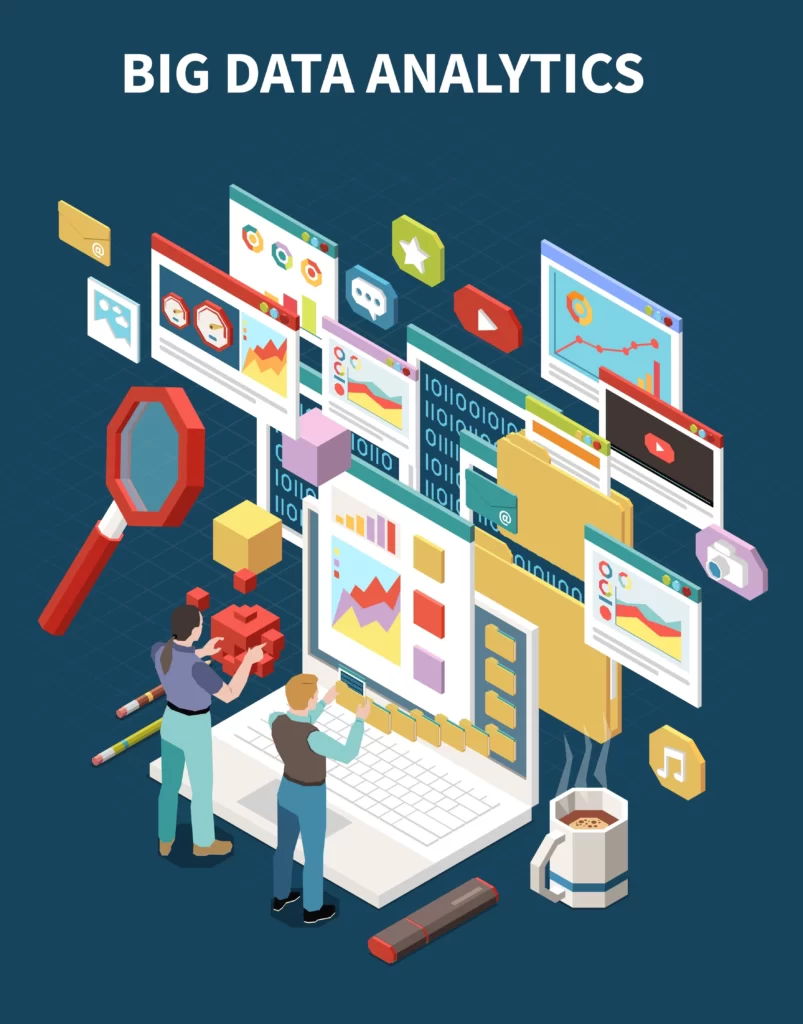
Big Data and Analytics involve dealing with large amounts of data to gain valuable insights and make smart business choices. It requires using advanced technologies and tools to handle complex data sets that are difficult to manage using traditional methods.
Big Data refers to the enormous volume, speed, and variety of data from different sources like customer interactions, social media, sensors, and transactions. It includes organized information and unstructured content like text, images, and videos. Big Data analytics uses statistical models, algorithms, and machine learning to analyze this data. By doing so, we can discover hidden patterns, connections, and trends that help make critical business decisions.
Pros And Cons Of AI Marketing
Pros:
- Better Personalization and Customer Relationships: Personalizing customer interactions makes for a much better customer experience. Marketers can use this opportunity to get creative and target customers directly with information that will lead them back to the brand more frequently, thus increasing consumer loyalty.
- Increase ROI: It better targets leads and customers with tailored messages and offers. This can help increase the return on investment for campaigns and reduce costs associated with ineffective campaigns.
- Improved Efficiency: These platforms can automate mundane tasks like emailing customers or sending promotional messages. This allows marketers to focus their time and energy on strategizing and creating high-quality content.
- Better Customer Experience: AI marketing can help marketers deliver a better overall customer experience by analysing customer data. This can include creating personalized offers and discounts for customers based on past purchases or providing helpful customer service.
- Better Decision Making: It helps marketers make better decisions by providing insights into customer behavior and trends. These insights can be used to improve campaigns and create more effective strategies.
Cons:
- Privacy Issues: Using AI can raise privacy issues because it requires collecting customer data. If a company is not careful with its data collection practices, it can violate customer privacy or even legal issues.
- Costly Set Up and Maintenance: AI marketing requires a considerable investment to set up and maintain. Companies must invest in hardware, software, and personnel to ensure their AI marketing efforts are successful.
- Lack Of Human Insight: One potential drawback of AI marketing is that it lacks the human insight to make more effective decisions. While AI can provide valuable insights into customer behavior, it does not replace the human element, which is essential for understanding customer needs and preferences on a deeper level.
How To Get Started With Artificial Intelligence Marketing?
- Create Your Goals And KPIs
The first step to creating a successful AI marketing strategy is identifying your goals and key performance indicators (KPIs). This will help you determine which areas of your marketing strategy need to be improved and how you want to measure success. But remember to set your KPIs based on your goals.
For Example: If your goal is to increase customer engagement, you may choose a KPI such as the number of customers who view or purchase your products. To increase brand awareness, you may choose a KPI such as page views, website visits, etc.
- Have Data Privacy Standards
With AI marketing, data privacy is a critical issue that companies must address. Organizations must have robust measures in place that guarantee customer information stays safe and sound at all times. It’s also essential to keep up with the laws and regulations concerning data security.
Nevertheless, having rules in place isn’t enough: one also has to practice responsibility when utilizing client information for various purposes. Companies should remain vigilant about how their customers’ personal details are utilized. Otherwise, they risk facing various legal issues related to user privacy rights.
- Establish Data Sources
The next step is establishing reliable data sources that can be used for your AI marketing efforts. This includes collecting customer data from various sources such as websites, social media, email campaigns, etc.
In addition to determining the data sources, companies must decide which type of data they want to collect and how it will be used. Different types of data can provide insights into customer behavior and preferences, which can help marketers create more effective campaigns.
- Maintain Data Quality
Crafting an AI strategy requires you to pay special attention to the quality of your data. Accurate, up-to-date customer information helps make campaigns more effective and allows for better decision-making when targeting your desired audience.
On the other hand, if insufficient data is used, it could lead to incorrect conclusions being made, which can cause a waste of resources – this emphasizes how important it is that accurate data be regularly maintained and kept current!
- Create AI Marketing Strategy
Once you have crafted the fundamental components of your AI marketing strategy, it is time to start acting on it. Coming up with a detailed plan that explains how all the aspects of your strategy will collaborate and fit into your overall marketing ambitions is imperative for guaranteeing effective outcomes.
Besides creating a blueprint, pinpointing which tools and platforms are necessary for AI marketing must also be carefully considered. This way, you can ensure that every step taken leads to achieving the desired results.
Final Thoughts
So, you understand the potential of AI marketing and how to Unleash it! So why not harness its power and elevate your business? But remember, artificial intelligence is not a one-size-fits-all solution; it must be tailored to maximize its benefits. That being said, AI marketing can be a powerful tool if used correctly.
Still, if you have any questions, please ask them in the comment section. We will be happy to answer you.
Thanks for reading 🙂




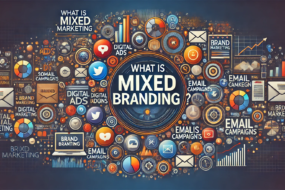
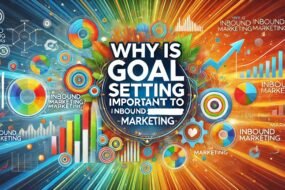
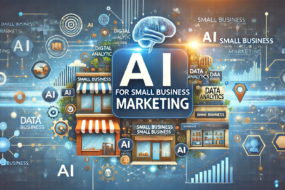

No Comments